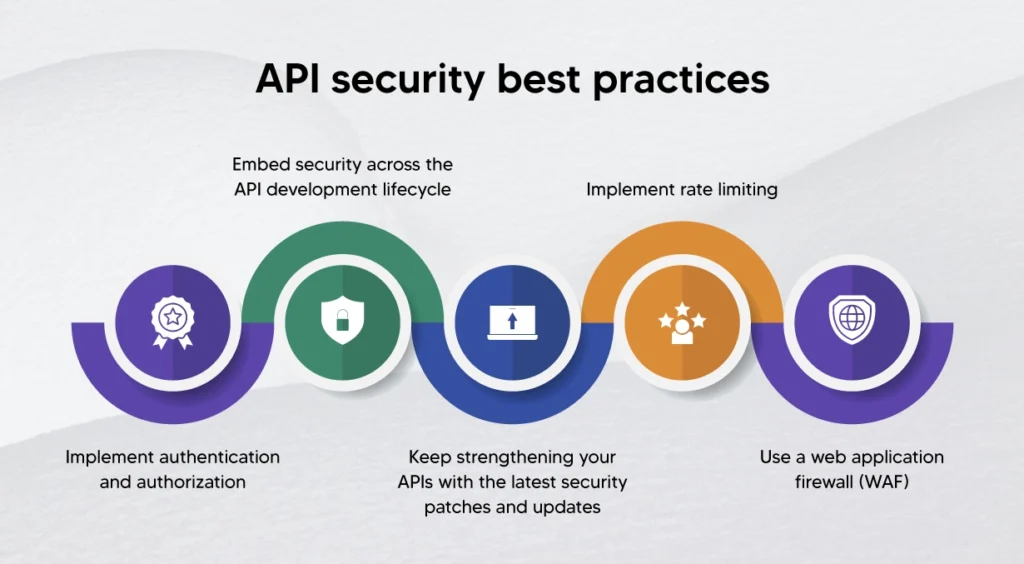API Security
In today’s interconnected digital world, APIs have become the backbone of modern software development. They enable seamless communication between different applications, systems, and devices, facilitating the exchange of data and functionalities. However, this interconnectedness also introduces significant security risks.
API security is key to protecting sensitive data, ensuring business continuity, and maintaining user trust. When APIs are not adequately secured, they can become vulnerable to a variety of attacks, including unauthorized access, data breaches, and denial-of-service attacks. Such attacks can have severe consequences, ranging from financial losses to reputational damage.
The growing adoption of cloud computing and the IoT has increased the importance of API security. As more devices and applications become interconnected, the potential attack surface expands, making it imperative to implement robust security measures to safeguard sensitive information and prevent disruptions to critical services.

The Role of a WAF in API Protection
Securing your API’s is not something that can be managed by an API Management System alone. A Web Application Firewall (WAF) is a security tool designed to protect web applications and APIs from various threats, including malicious attacks, vulnerabilities, and unauthorized access. By acting as a barrier between the internet and the application, a WAF can effectively help safeguard APIs.
One of the primary ways a WAF protects APIs is by inspecting incoming traffic for malicious patterns and anomalies. It can analyze HTTP requests and responses, identifying potential threats such as SQL injection, cross-site scripting (XSS), and cross-site request forgery (CSRF). By detecting and blocking these attacks, a WAF can prevent unauthorized access to sensitive data and prevent disruptions to API services.
Furthermore, WAFs can enforce security policies and rules, ensuring that only authorized traffic is allowed to reach the API. This can involve validating input parameters, checking for rate limits, and blocking requests from specific IP addresses or countries. By enforcing these policies, a WAF can help mitigate the risk of API abuse and protect against DDoS attacks.

